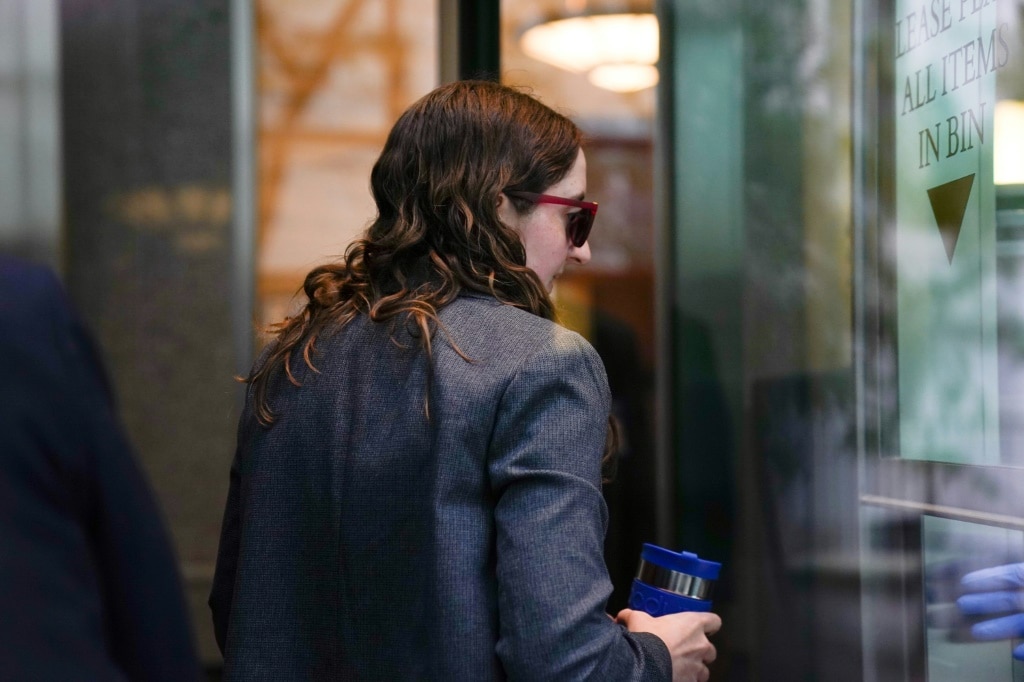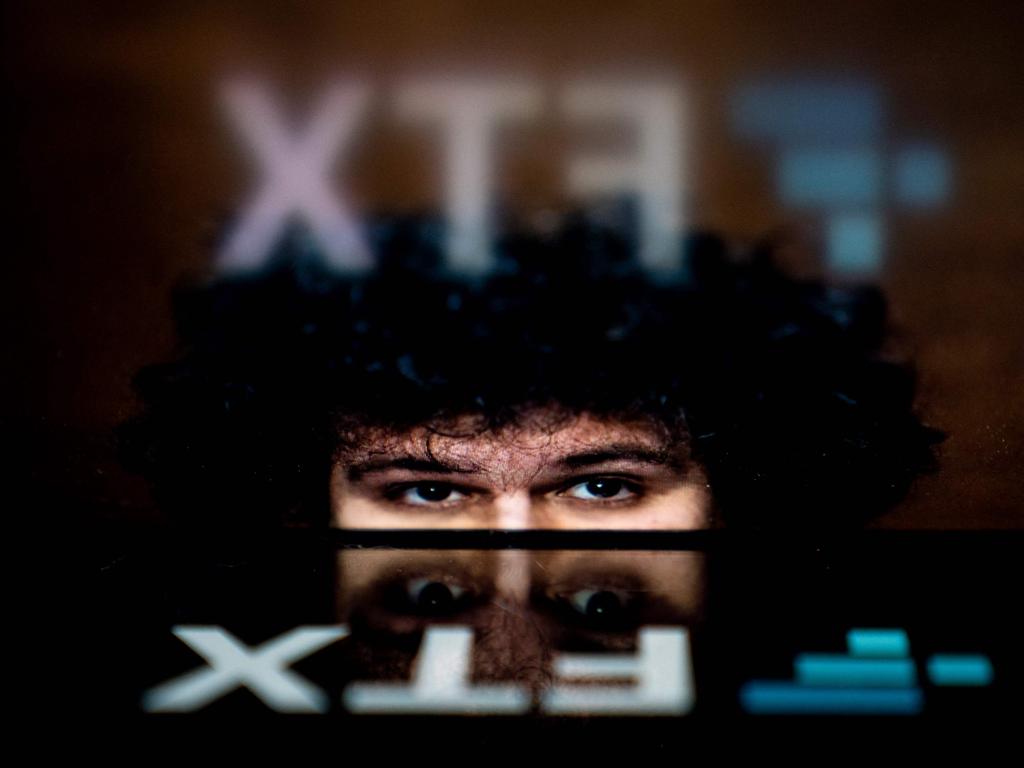Sam Bankman-Fried claimed he could become US president
Sam Bankman-Fried is accused of ordering his girlfriend to divert billions of dollars from customers’ accounts to fund investments and pay off loans
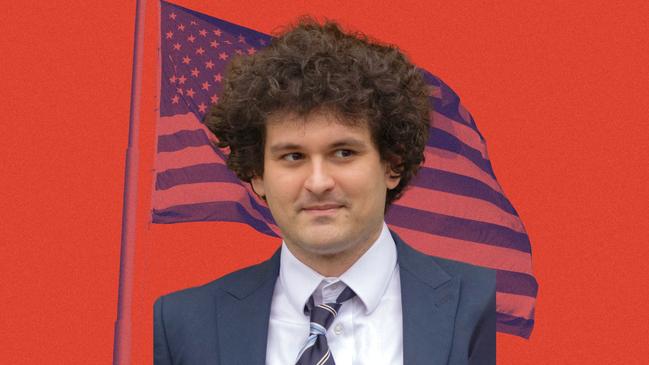
Sam Bankman-Fried, the cryptocurrency exchange founder accused of diverting billions of dollars from customer accounts, felt that he had a 5 per cent chance of becoming president of the United States, his former girlfriend has told a court in New York.
He also thought that his voluminous hair had been “very valuable”, both on the trading floor where it helped him get higher bonuses, and later as the face of FTX, Caroline Ellison said.
Ellison, 28, is the star witness in the trial of Bankman-Fried, 31, who is accused of ordering her to divert billions of dollars from customers’ accounts on the exchange to fund risky investments and pay off loans to Alameda Research, the trading company he founded a few years before FTX. He has pleaded not guilty to fraud, conspiracy and money laundering.
Ellison said she had started working at Alameda in 2018 and that not long afterwards she and Bankman-Fried, her boss, “started sleeping together on and off” before dating from 2020 to the summer of 2021, and again from the autumn of that year until early 2022.
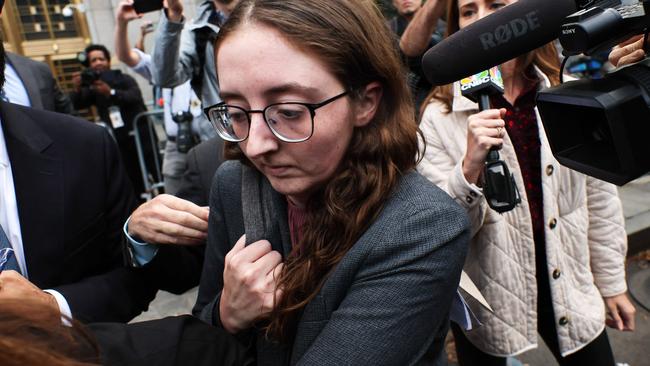
In the summer of 2021 he made Ellison co-chief executive of Alameda, she said. He was “very ambitious”, she said, both for his companies and politically, spending millions on political donations. “He said at one point he thought there was a 5 per cent chance he would become president some day.”
Bankman-Fried “scoffed” at some of Ellison’s testimony, prosecutors complained in a conference with Judge Lewis Kaplan, suggesting that it was an attempt to intimidate her. “The defendant has laughed, shaken his head and scoffed,” Danielle Sassoon said. “It’s possible it’s having a visible effect on her, especially given the history of this relationship, the prior attempts to intimidate her, the power dynamic [and] their romantic relationship.”
Bankman-Fried was extradited to the US from the Bahamas, where his companies were headquartered, last December and was put under house arrest at his parents’ home in Alameda, California. In August he was jailed after he acknowledged leaking entries from his former girlfriend’s private diary to The New York Times. The judge said then that there was “probable cause to believe the defendant tried to tamper with witnesses at least twice”.
In the conference with the judge this week, his defence lawyer, Mark Cohen, referred to Ellison’s apparent struggle at the start of her testimony to recognise Bankman-Fried in court - he had had a hair cut and was wearing a suit, rather than his usual T-shirt and cargo shorts - and said: “The notion that someone who she couldn’t even pick out in the courtroom . . . is trying to intimidate her is ridiculous.”
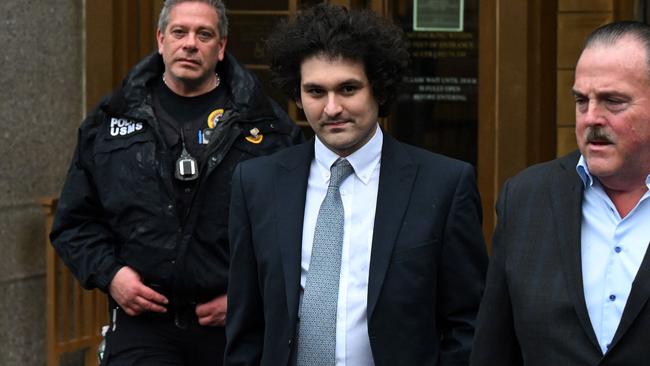
Kaplan said he had not seen what the prosecutor described but asked Cohen to speak to his client, saying: “If he’s doing anything it should stop, and if he’s not then no harm, no foul.”
Cohen has argued that Bankman-Fried was simply the founder of start-up companies that went bankrupt when the cryptocurrency markets crashed. He said his client had warned Ellison to hedge Alameda’s positions and that she had not done so. “He relied on her and he trusted her,” he said.
Cross-examined by Cohen yesterday (Thursday), Ellison said that Bankman-Fried had talked to her about hedging. “I was more sceptical of that idea; we didn’t end up doing anything,” she said.
She has said that Alameda’s failure had more to do with the billions Bankman-Fried used on venture capital investments, but has acknowledged that she had doubts about her ability to lead the company. The trial continues.


